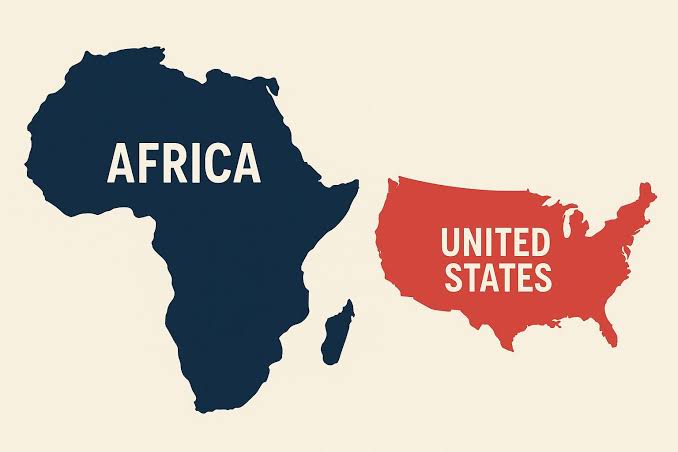
Health Crisis: Antibiotic-Resistance To Cause Over 39 Million Deaths By 2050

A study published in The Lancet has warned that over 39 million people worldwide could die from antibiotic-resistant infections by 2050.
The study, titled “Global Burden of Bacterial Antimicrobial Resistance 1990–2021,” projected that by 2050, more than 1.91 million people could die each year as a direct result of antimicrobial resistance (AMR), an increase of almost 70 per cent per year compared to 2022.
The study further indicated that AMR-related deaths are expected to rise by 75 per cent, increasing from 4.71 million in 2022 to 8.22 million per year by 2050.
The report stated that the impact of AMR would be most severe in South Asia and sub-Saharan Africa, including Nigeria, where these regions would bear the highest burdens of both deaths directly caused by AMR and those associated with it.
Sub-Saharan Africa is one of the regions with the highest rates of deaths associated with antimicrobial resistance (including sepsis) in the world, with 23.5 deaths per 100,000 people.
It will be recalled that West Africa Weekly reported that a study conducted by Gavi, a vaccine alliance, revealed that Nigerian babies were born with antibiotic-resistant bacteria, specifically colistin-resistant strains.
The report which examined samples from mothers and newborns from three hospitals in Kano and Abuja between 2015 and 2017 stated that out of the 4,907 samples analysed, 1 per cent had genes conferring colistin resistance, affecting 41 mothers and eight babies.
Although this is a low percentage, the report said it is extremely worrying that babies younger than one week already had colistin-resistant bacteria, even though neither the mothers nor the infants had been treated with colistin.
Antimicrobial resistance occurs when bacteria, fungi and parasites have developed the ability to resist the action of antibiotics.
The World Health Organisation (WHO) has described AMR as one of the top global public health and development threats due to the overuse and misuse of antibiotics by humans.
Read: Yahaya Bello Remains Wanted, Not With Us – EFCC
FCT Primary School Teachers Begin Indefinite Strike Over Unpaid Arrears
About The Author
Related Articles
Malian Prime Minister Presents 2025 Government Report, Pledges Stability and Reform
Mali’s Prime Minister, Major General Abdoulaye Maïga, has presented the government’s 2025...
ByWest Africa WeeklyMarch 2, 2026AES Ministers Conclude Roadmap Talks in Ouagadougou, Strengthen Security Coordination
Ministers of the Confederation of Sahel States have concluded high level discussions...
ByWest Africa WeeklyMarch 2, 2026Investigation Links Western Funding Networks and NGOs to African Conflict, Terror Financing, and Organised Crime
A transcontinental investigation has exposed an alleged web of Western-funded organisations and...
ByWest Africa WeeklyMarch 2, 2026Tinubu Approves Additional Endless Federal Road Projects While Old Projects Crawl at Snail’s Pace
President Bola Tinubu has approved a fresh round of federal road projects,...
ByWest Africa WeeklyMarch 2, 2026











